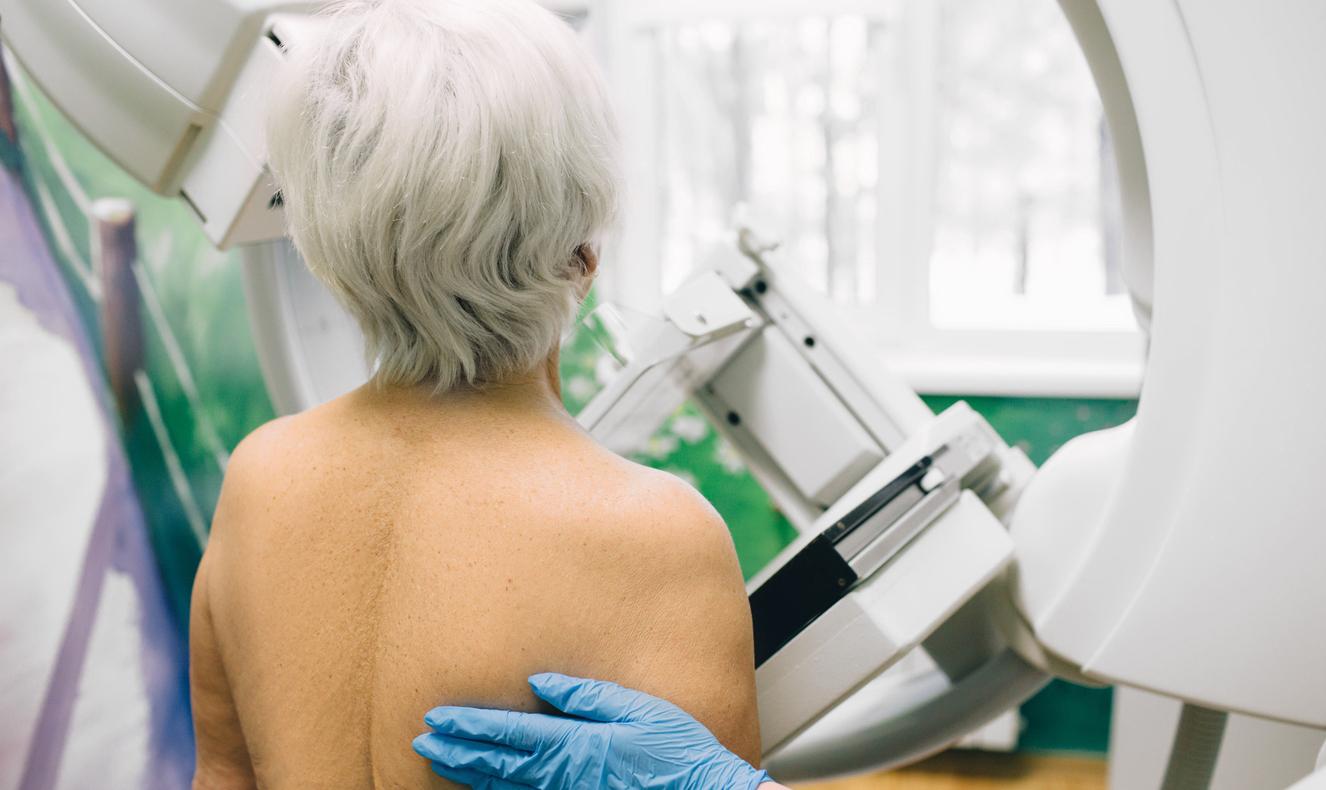A molecule is able to control the activity of these lymphocytes, whose role is important in the inflammation process.

- Regulatory T cells balance the immune response
- Mutations in a gene that controls these lymphocytes are associated with serious diseases
- A molecule involved in the control of this gene could be a key to better treat autoimmune diseases
Immune system disorders are the cause of at least 80 diseases, according to Inserm. These pathologies affect between 8 and 10% of the world’s population, mostly women. The role of the immune system is to protect us against external aggressions, but in these situations, it employs the same defense mechanisms against the body itself. In a research, published in Journal of Clinical Investigation, researchers explain that they have found a potential way to fight against autoimmune diseases.
Understand the link between lymphocytes and a molecule
They were interested in regulatory T lymphocytes, Tregs: their role is to balance the immune response, i.e. to ensure that it is sufficient to protect us from infections, but not too strong, to avoid inflammation. The action of these lymphocytes is linked to a molecule called DEL-1. “In previous work, we found a correlation: when inflammation was controlled, the number of Tregs increased and so did the number of DEL-1s.explains George Hajishengallis, one of the authors of this research. We wanted to understand how they were connecteds.”
An experiment on mice
With his team, he observed different mice with periodontitis. In some of them, the researchers had artificially suppressed the DEL-1 molecule. The latter had lower levels of Tregs than the others, but their level of Th17 cells, cells associated with inflammation, increased. When they received an injection of DEL-1 molecules, these levels regulated to normal thresholds.
“With this result, we did not know if the DEL-1 molecule acted on Tregs or on Th17 cells”, emphasizes George Hajishengallis. Laboratory experiments have confirmed that the action of this molecule is concentrated on Tregs. A test on human cells brought the same results.
Continuing research on the DEL-1 molecule has enabled researchers to better understand its action: it is linked to the FOXP3 gene. The latter has a key role in the management of regulatory lymphocytes. “Without FOXP3, you can’t have Tregs“, specifies the scientist. Mutations of FOXP3 are associated with serious diseases in humans, such as immune dysregulation syndrome – polyendocrinopathy – X-linked entheropathy. This rare disease manifests itself in the first weeks of life, the sufferers suffer from diarrhea, diabetes, thyroiditis and skin rashes.
Future research?
The discovery of the involvement of the DEL-1 molecule in the control of the FOXP3 gene encourages researchers to continue their investigations. George Hajishengallis is convinced that this molecule “is not just linked to periodontitis and inflammation, but is also a potential target for autoimmune diseases”.
.















